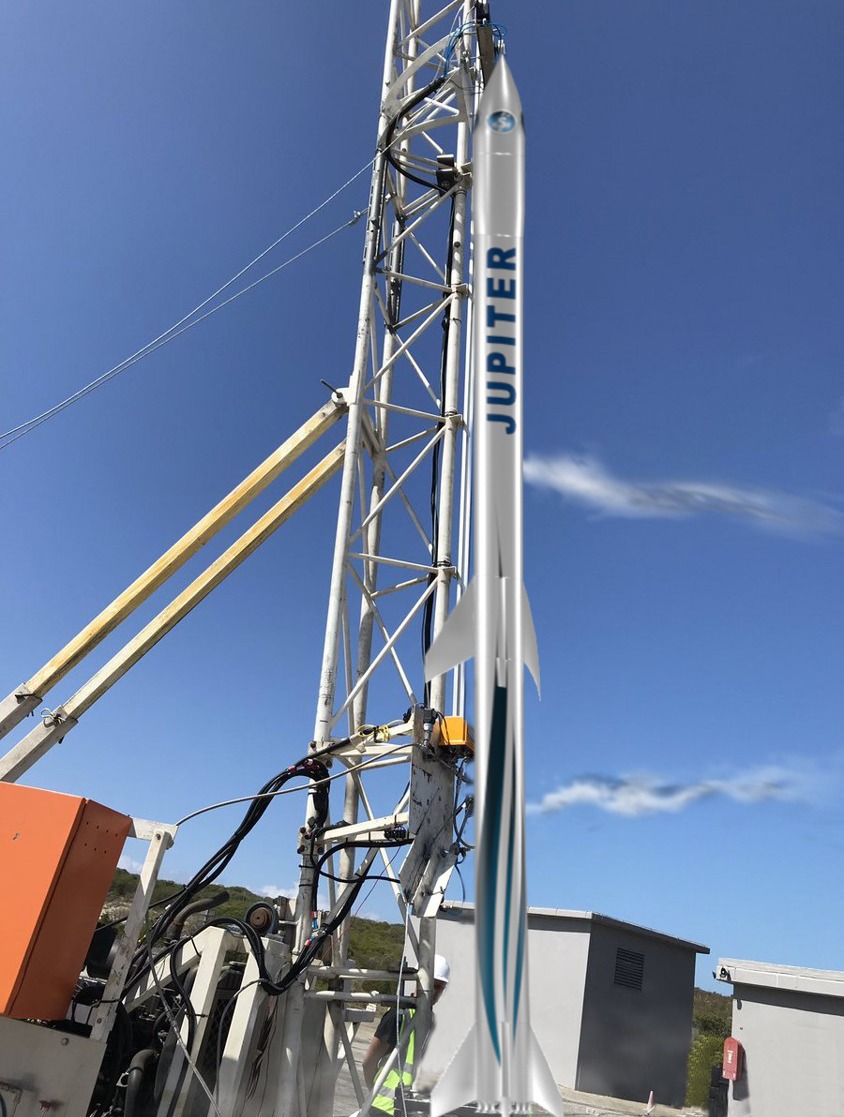CubeSats are little cube-shaped satellites, usually having dimensions of 10 cm x10 cm x10 cm. They are a kind of spacecraft usually used for research purposes. They are helpful for research missions as they offer fast development and require less time and money.
They are developed in single or multiple units, particularly 1U, 2U, 3U, or maximum 24Us. CubeSats typically weigh around 1kg per U. CubeSat rockets are commonly used to conduct science experiments, support educational projects, test instruments, and qualify commercial applications.
You cannot directly launch CubeSat into space on its own. Instead, they get a ride on the rockets going into space, which can be orbital or suborbital.
KSF Space organization aims to build cheap alternatives to provide great opportunities to the students to complete their missions. Academic institutions don’t have colossal funding to complete their space missions. Instead, they have to ask for extra funds for their space projects.
Therefore, KSF Space Foundation has developed CubeSat kits to help students and other researchers develop their CubeSats within a low budget. In addition, they have now developed a suborbital rocket, Jupiter 1, with Kanas University, United States.
Jupiter 1 is a great alternative to carry nanosatellites into space. It can also be used to conduct hardware flight tests. In addition, Jupiter 1 is recyclable, making it a sustainable development.
This CubeSat rocket has two stages and can reach the highest peak of 30,000 Km. It’s 4 meters long and runs at a speed of 2 to 6 times greater than the speed of sound. The usual CubeSat lunch cost is relatively high, but with Jupiter 1, you can do it at a lower cost.
Jupiter 1 offers a great alternative to CubeSat rockets. You can use it to launch your CubeSat into space and perform its preliminary tests. Moreover, you can get flight certifications from more prominent space organizations like SpaceX and NASA.
Also the KSF Space announced their cheapest cubesat kit, the cubesat kit by KSF Space Foundation was made to make the assembling and coding much easier than traditional way in building a cubesat, the cubesat kit by KSF Space Foundation is made and designed for beginners and schools or universities who are developing their 1st cubesat / nanosatellite mission, the module is ready to fly to sub-orbital flight and was tested in microgravity in many similar space missions. The cost of cubesat kit by KSF Space considered the world’s cheapest kit out there.






